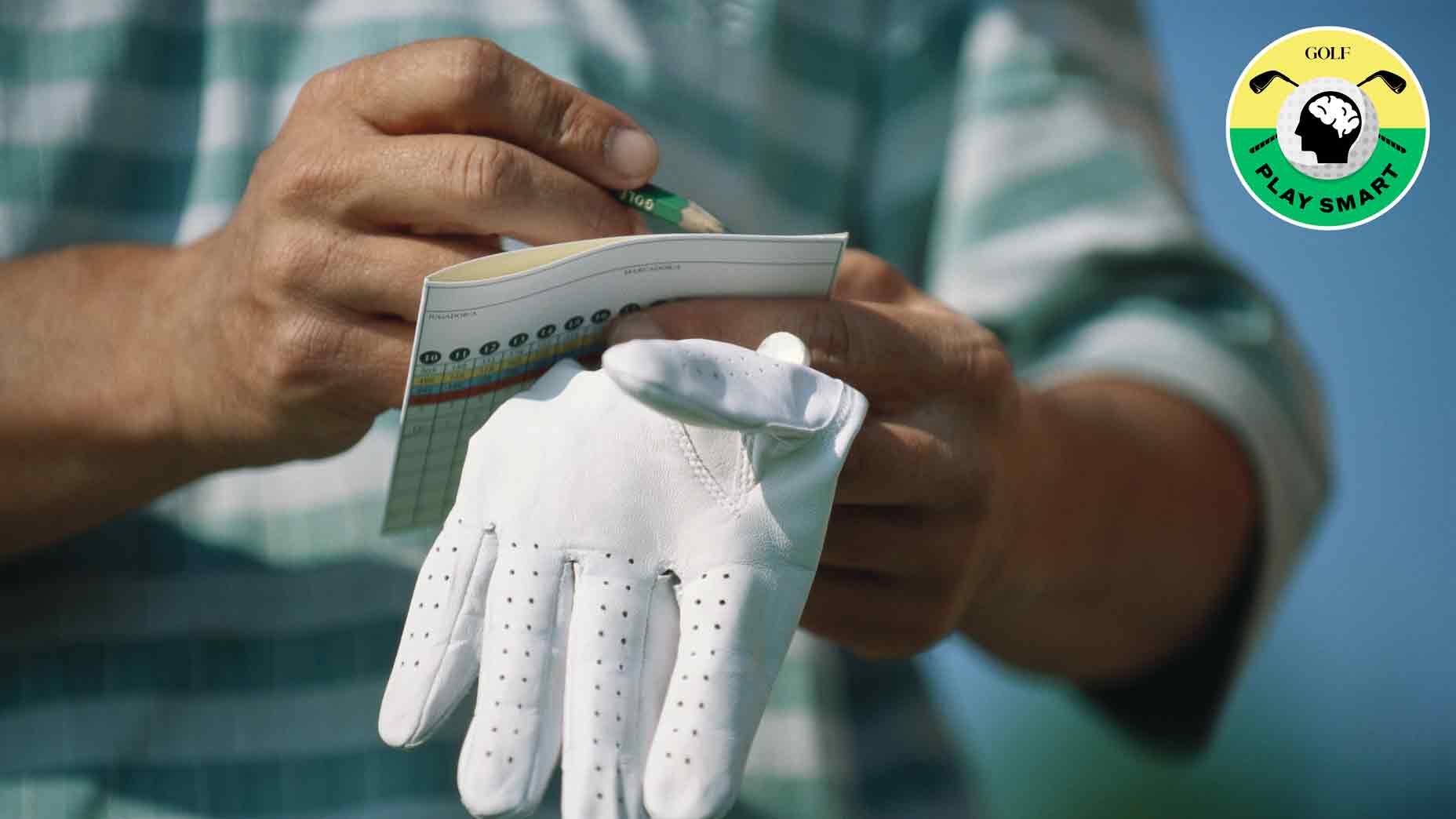Golf is hard; we all know that.
One day you can go out and shoot the round of your life, thinking you’ve “figured it all out,” only to go back to double-bogeys and three-putts the very next day.
While it’s difficult to find the consistency that every player strives for, there are many ways to hone your skills and see lower scores more regularly. It just takes the right approach and some proper advice.
Luckily, GOLF Top 100 Teacher Jim Murphy is here to lend a hand, providing the most important shots for amateurs to master in order to shoot lower with more regularity.
Practice these as often as you can, and you’ll soon start to see the improvements during every round you play.
Master the punch out
One of the most important ways to shave strokes off the scorecard is by eliminating mistakes. You may not be able to correct a slice off the tee mid-round, but you can avoid making a bad situation worse. I never see players practicing low-running punch shots, but they’re incredibly important — because they’re often used lots during a round. If you don’t practice something, how can you really expect to be good at it?
Master a go-to shot
Tiger Woods had the stinger a shot that he could go to in a tight situation when the pressure was really on. I’m not saying everyone has to have the stinger, but it is a great go-to shot — just don’t expect to hit it as precisely as a 15-time major champ right away.
Whether you add the stinger into your repertoire or another safety shot as your go-to swing, you must have something to rely on when under the gun.
Master the three-footer
Want to know what really separates good players from great players from Tour-level players? Putting.
One main reason why pros are so good is that, from within three feet, they average a whopping 99 percent make rate. I don’t see players practicing their three-footers enough, and, inevitably, when you miss a handful each round, those strokes add up.
You just can’t score well missing these crucial putts.
Master lag putting
Three-putting is like throwing strokes away, and you can’t do that and realistically believe you’ll improve your golf score. If you want to lower your score, you must reduce or eliminate the dreaded three-putt.
Most players don’t practice long putts, they practice short and medium-length putts. But by practicing putts from 50-60 feet, you’ll begin to get a better feel for speed control — which will put you closer to the hole more frequently, cutting down on your strokes.
Master the flop shot
If you can hit a high, soft shot around the green, then you can get the ball closer to the hole; ultimately saving you strokes. So many players are scared of the flop shot, so they fall back on a low running shot — which often leaves them with longer, more difficult putts — which is a recipe for higher scores.
Next time you go to a putting green, practice flop shots over a bunker, short side pin and off of tight lies. By getting that feel, you can execute this difficult (but effective) shot during your next round.
